There’s nothing more rewarding than keeping and taking care of a pet. They become a part of your family, and truly teach you about unconditional love. You probably love coming home at the end of a long work day to a happy dog wagging his tail, or a cute cat waiting to cuddle you. Even though it’s normal to have dogs and cats as pets, it doesn’t mean it’s completely safe. Certain animals kept as pets can cause serious harm to their owners. They are animals, after all. We’ve curated a list of the most likely pets that will cause injuries to their owners. If you do have a pet, make sure it’s properly trained and used to living in your home to have the safest experience possible. These pets will stick around for years, so keeping a safe environment should be your number one priority.

Huskies
You wouldn’t think these graceful pets can cause their owners harm, but they’re responsible for more than 3% of human fatalities. Several years ago, a family that owned more than a dozen huskies lost their youngest baby when one of the huskies attacked her while she slept in her pram. Physically, these pets are mighty and strong, making them a threat to those weaker than them. The baby was only three months old when she died at the scene (ITV).

Crocodile Monitor
While it’s unlikely you or your neighbor has a pet crocodile roaming around your backyard, some people around the world do. These massive animals can grow up to 12 feet and need especially large caging. They have varying temperaments and are widely unpredictable. When they bite, their bites can easily turn fatal or result in serious injury, like finger amputations, deep tissue wounds, or death. Their saliva is also filled with dangerous bacteria that can cause septic shock if not treated properly (Pet Helpful).
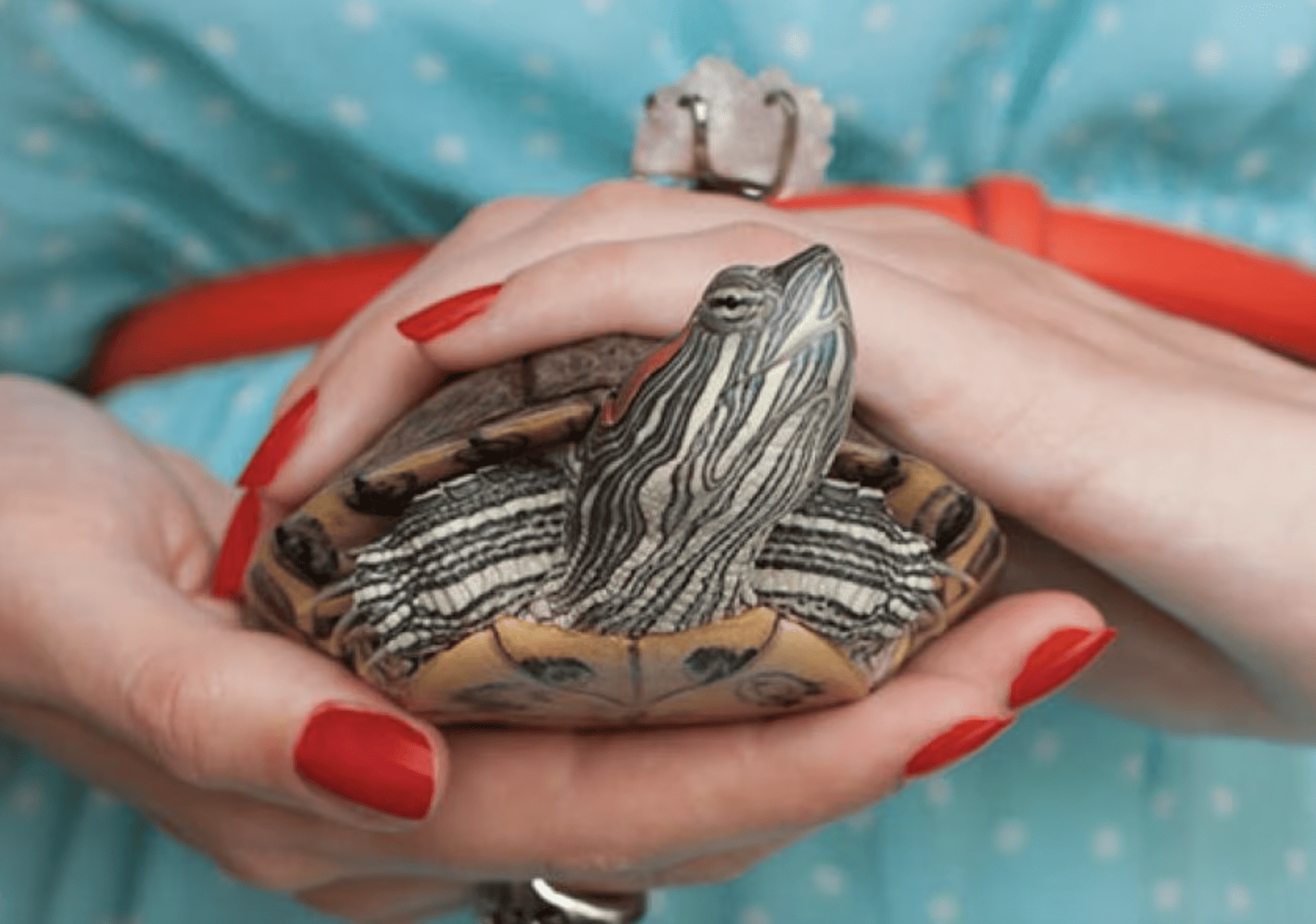
Turtles
You might find it surprising to learn these cute creatures can cause horrible injuries to their owners. It’s not from their bite, but from a bacteria called Salmonella. People can easily get sick from turtles from touching them, their tanks, and their supplies. This bacteria can cause serious illness and send pet owners straight into the hospital. Even if you take good care of your turtle, and they look healthy and clean, they can still cause diseases. It’s always a good idea to wash your hands after touching your turtle or their tank (CDC).

Rabbits
While pet rabbits might not seem like a hazard, they can sometimes cause allergies. In some individuals, this could be incredibly harmful, especially if you suddenly develop an allergy. As the most common small mammal kept as a pet in the US, it comes with some sort of risk for unlucky individuals. Not only can a rabbit bite you if they’re afraid or surprised, which could potentially cause an infection, but they can also carry ringworm, salmonella, and parasites that could make their owners very sick. If your rabbit has ringworm, it can pass it to you simply through touch and infect your skin (Worms and Germs Blog).
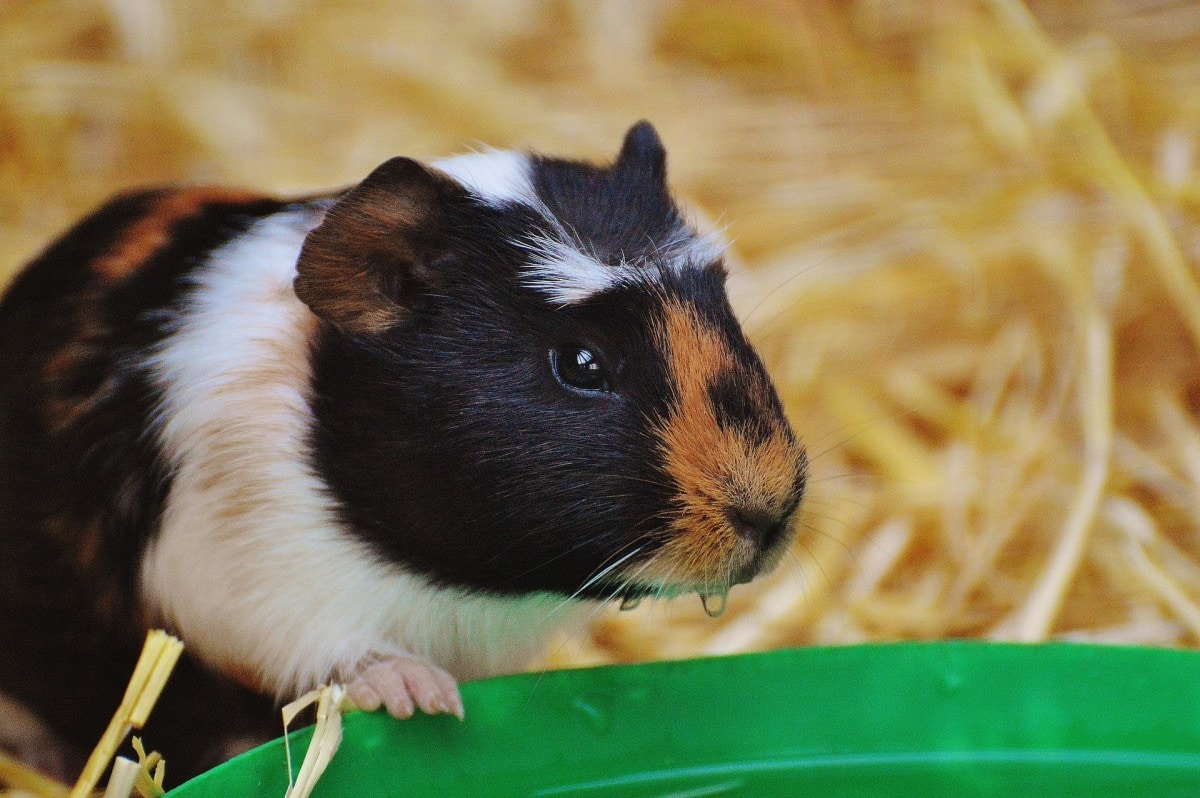
Guinea Pigs
These little creatures have sharp teeth that can pierce through your skin and leave a scar. Even though your pet guinea pig isn’t going to suddenly bite you out of the blue, they’ll bite if they’re startled or afraid. They’ll also bite if you’re holding them and they’re not in the mood to be held. If you don’t take care of the puncture wound, it could become infected (PETA).

Siamese Cats
The Siamese cat tends to be the most jealous out there. If you already have a Siamese cat, don’t even think about buying a second cat. When they’re jealous of a new cat or baby, they can become dangerously violent and aggressive. Even if your cat is trained and feels safe with you, it doesn’t mean they’re immune to suddenly biting you or displaying aggressive behavior. Your feline friends will typically only attack when they’re provoked, responding to an environment change, or under a lot of stress. They have sharp teeth that can easily become infected and leave a scar. If cats were the same size and had the same muscular strength as tigers, then we’d have bigger issues. Even though aggressive behavior isn’t common, it’s certainly not rare (Pet Helpful).
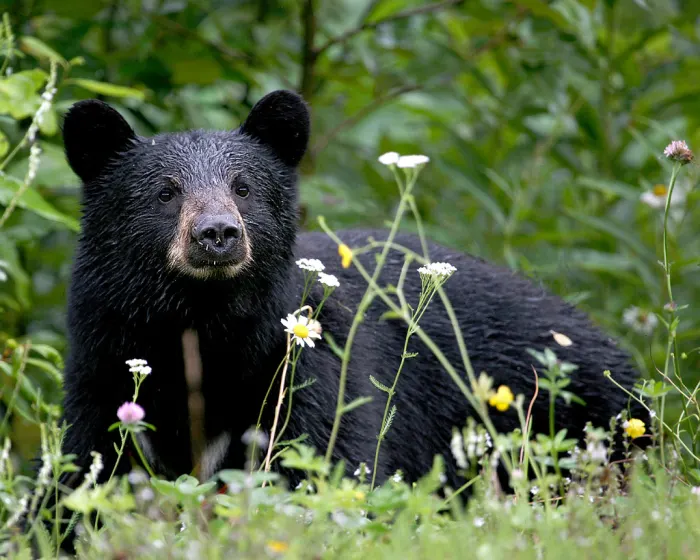
Black Bears
Bears are smart and known for their opportunistic behavior. This means they’ll wait and attack when it’s the right moment. They can break into people’s homes, and if they’re kept in a cage in captivity as a pet, they’ll likely grow aggressive. Escaped bears are especially a big concern for the public since they’ll act with more aggression than a wild bear who’s had his freedom. Between 1990 and 2012, there were around six deaths from black bears kept in captivity by their owners. In August 2010, Brent Kandra was fatally mauled by a black bear while he was cleaning a black bear’s cage. In August 2009, a black bear forced its way past a wire fence and mauled Donna Munson, who had illegally been feeding the bears for a decade (Pet Helpful).
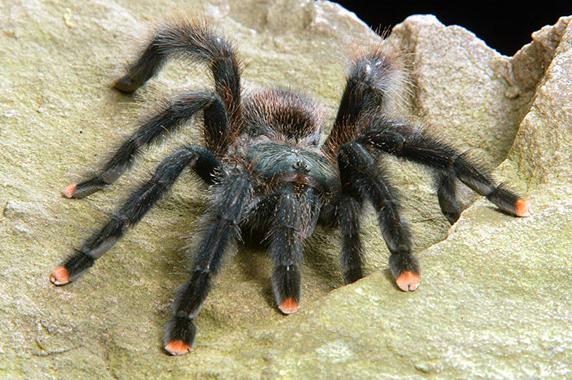
Tarantulas
For those of you who are not arachnophobic, then you might have a pet tarantula. While it might seem strange to some to keep a pet spider, it’s a wonderful thing for others. These large, hairy spiders rarely bite, but when they do, it’s quite painful. Only professionals should handle tarantulas, but if you have one as a pet, you might find yourself playing with it. Make sure you never corner it or make it feel trapped since that’s normally when it would bite. As long as you’re not allergic to tarantulas, the bite isn’t fatal, but it is painful (Quora).
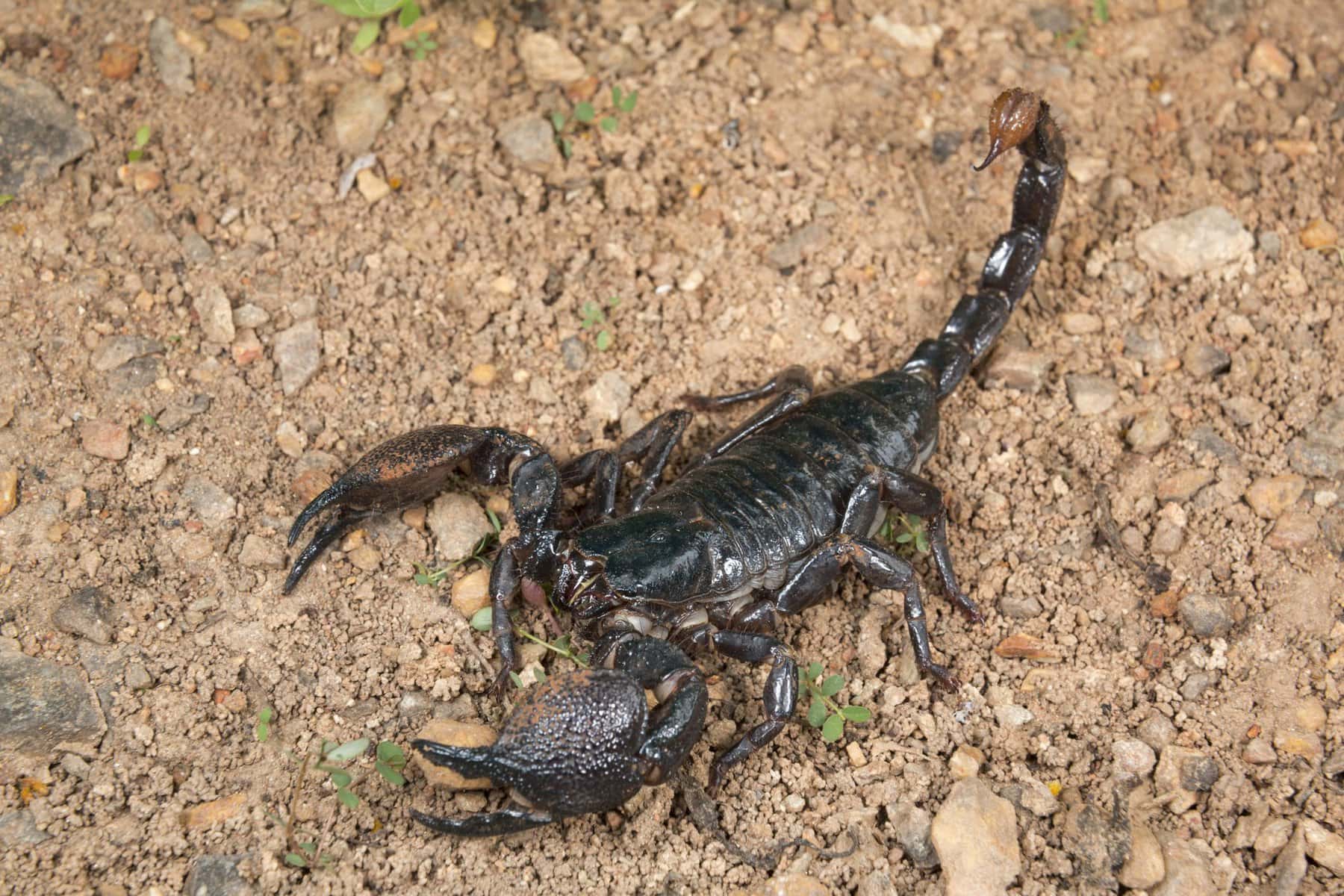
Scorpions
Even though having a scorpion as a pet isn’t that common, people do have these creatures in their homes. And while they might be nice to look at, you have to be very careful around them. Emperor scorpions are the most common for first-time pets. They’re a long-term commitment. They rarely sting, but when they do, it feels more like an insect bite than a venomous, poisonous sting you’d get with a wild scorpion (The Spruce Pets).
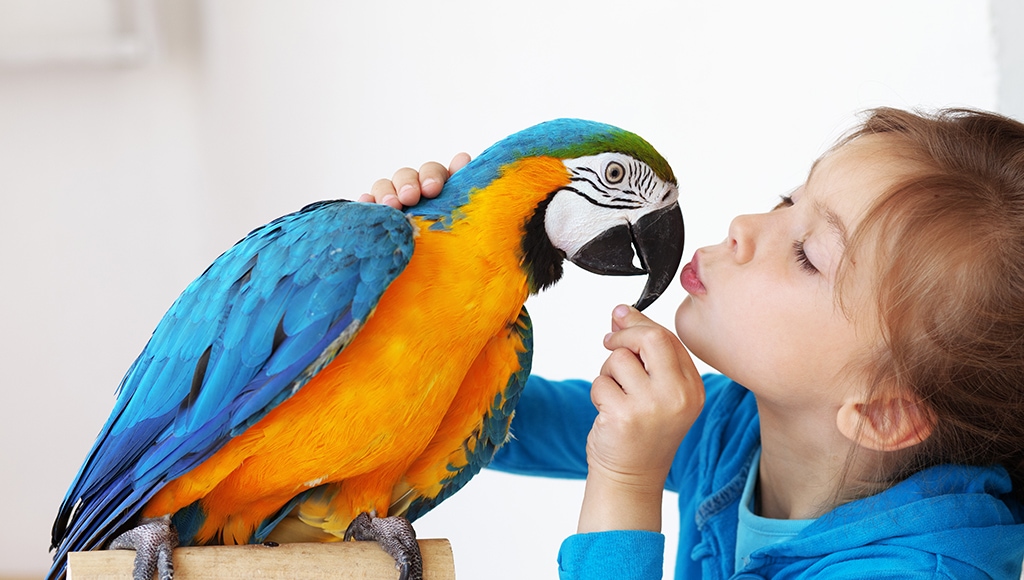
Parrots
Larger birds, like parrots, can cause injuries to their owners when they’re provoked or feeling threatened. The most dangerous part of a bird is their beak, which can cause a lot of damage if they attack you, especially if they go for your eyes. They can also spread harmful germs like Psittacosis through scratches and bites, and according to Pet Assure, “Psittacosis can be transmitted to humans. In people, the disease causes flu-like symptoms of fever, chills, and headache. If left untreated, Psittacosis can cause liver and kidney damage or even meningitis.” If you have small children at home, always keep an eye on their health (Pet Assure).
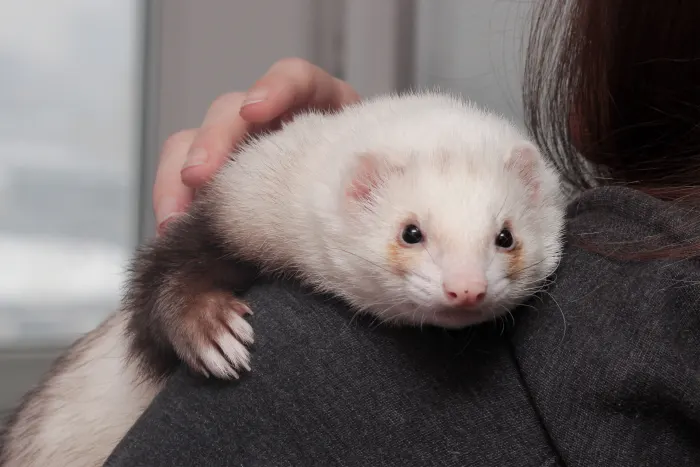
Ferrets
If you have a pet ferret that scratches or bites you, take precautions and clean it properly. These wounds can become seriously infected. There’s a higher chance a ferret will bite you than many other types of pets. They’re not the easiest pets to keep around since they need a lot of freedom and can easily catch human illnesses. Training it not to bite is nearly impossible since ferrets tend to bite each other when they want to play. If you have small children at home, you shouldn’t even consider getting a ferret. It’s not worth the risk (Pet Helpful).
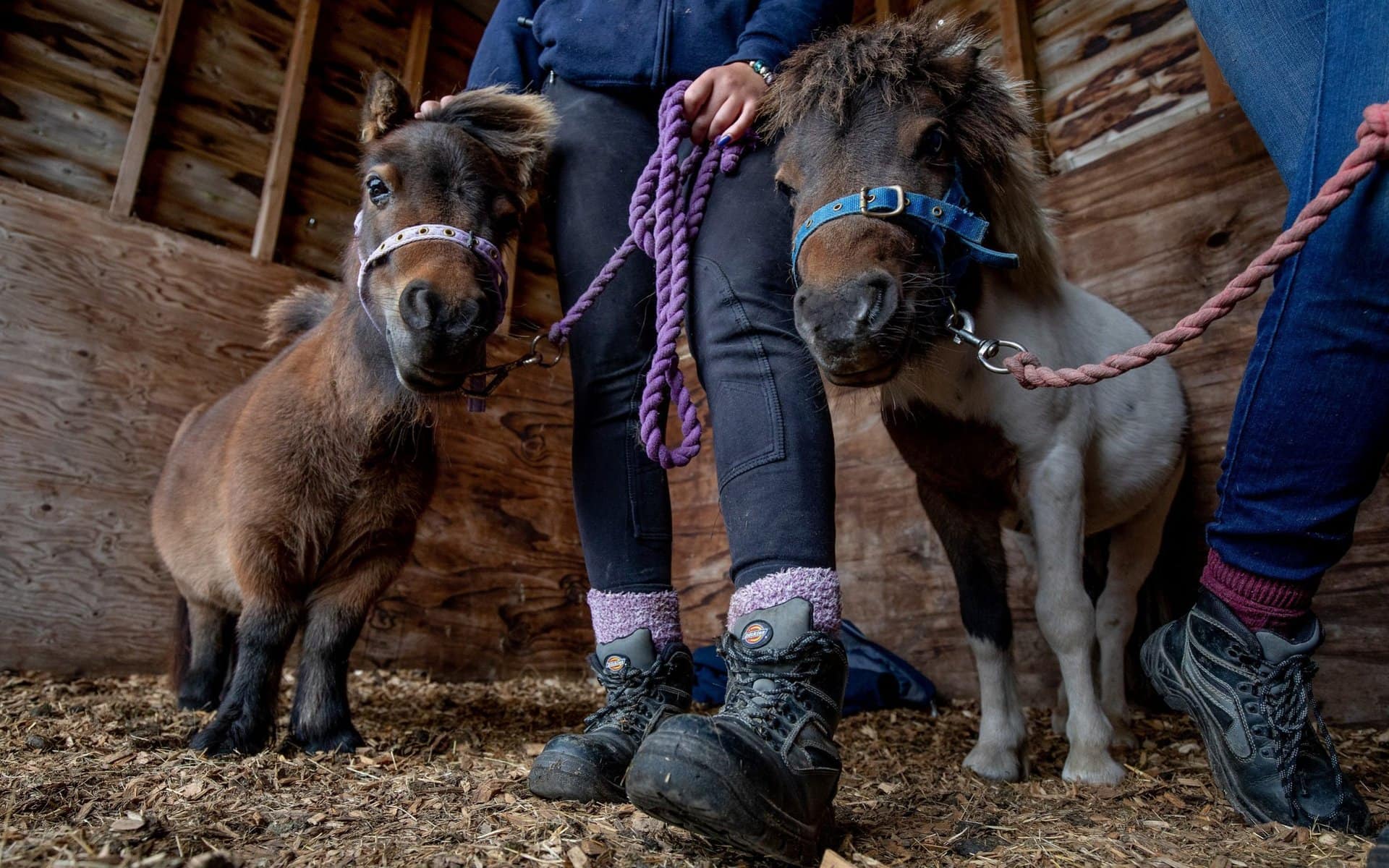
Miniature Horses
While owning a horse is common, it doesn’t mean they won’t act aggressively. There are certain instances when miniature horses bite and kick at their owners. But miniature horses usually act like this when they’re scared or in pain. If you have a miniature pet horse that’s acting aggressively, it’s always best to remove yourself from the situation and keep yourself safe. A horse kick can be fatal, especially if they kick your chest (Classroom).
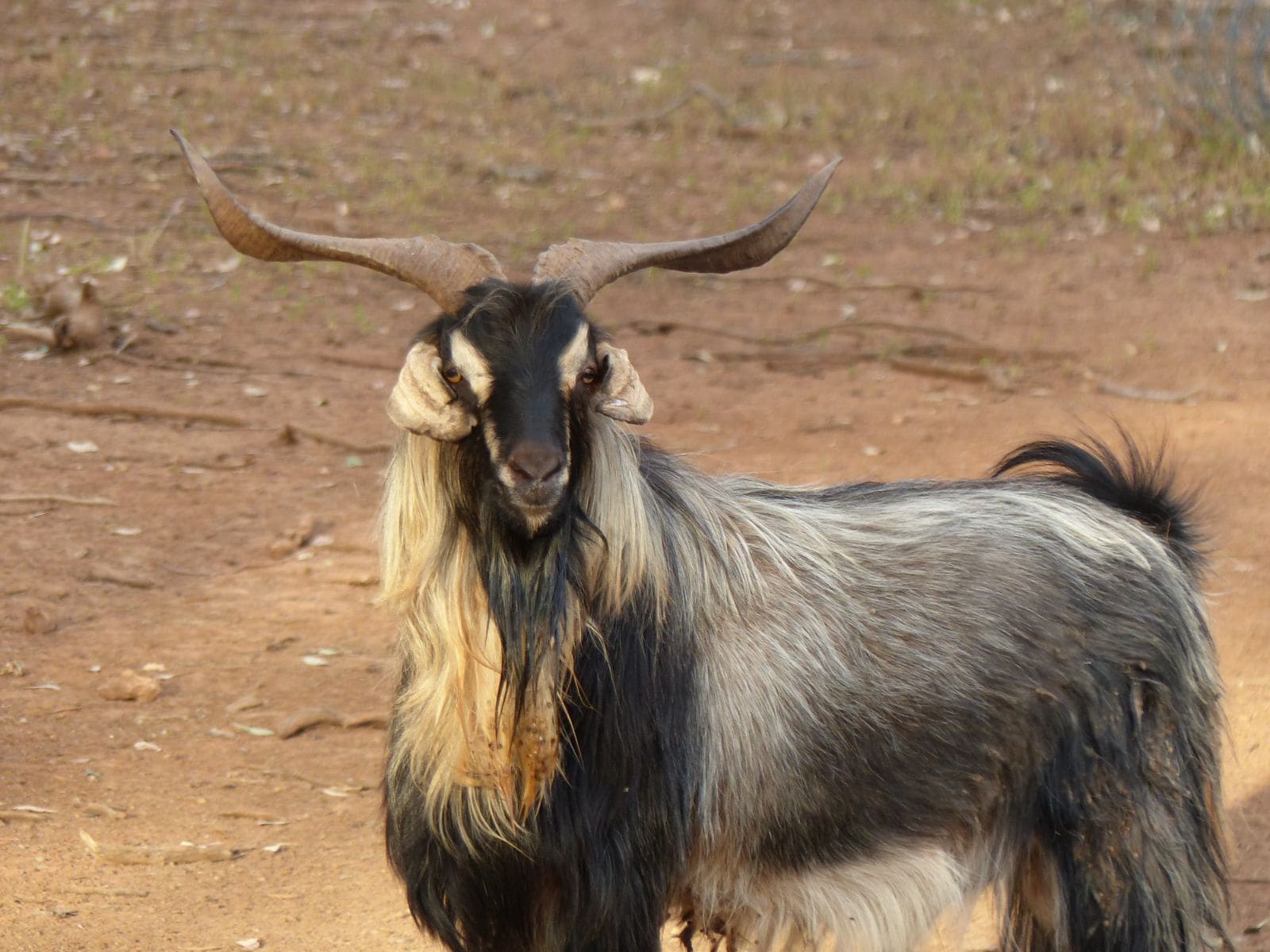
Goats
While owning a goat as a pet isn’t that common, those who do own goats as pets have to be very wary of their behavior. They might seem cute and cuddly on the outside, but a goat is capable of aggression and seriously harming their owners. The RSPCA states, “Uncastrated male goats have a powerful smell and can be aggressive, while larger castrated males are powerful and difficult to handle – so they aren’t suitable for keeping as pets.” Always take extra precautions if you do have a pet goat. Besides, they’re pretty noisy, so your neighbors might not be too happy if you have a pet goat (RSPCA).
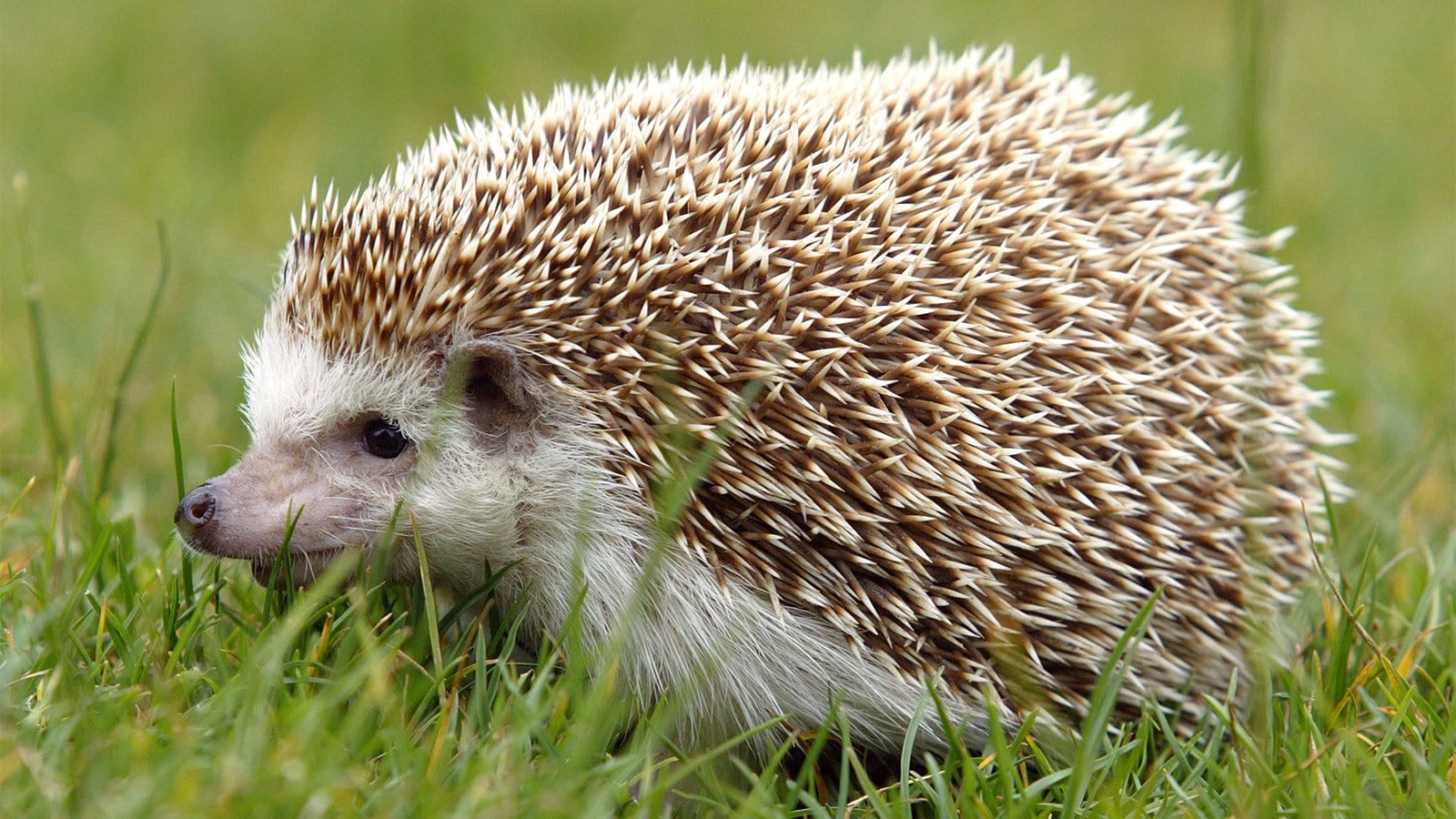
Hedgehogs
Even though it might seem like a cute idea to have a hedgehog rolling around your home, it’s not recommended for households with children under five, and adults over 65. This is because they carry Salmonella bacteria in their droppings, which can have serious impacts on children and older adults. The bacteria can affect their toys, habitats, and bodies, places you might not think can harbor bacteria. Handling is also difficult due to their sharp quills, so you’ll have to keep that in mind when holding them (WebMD).
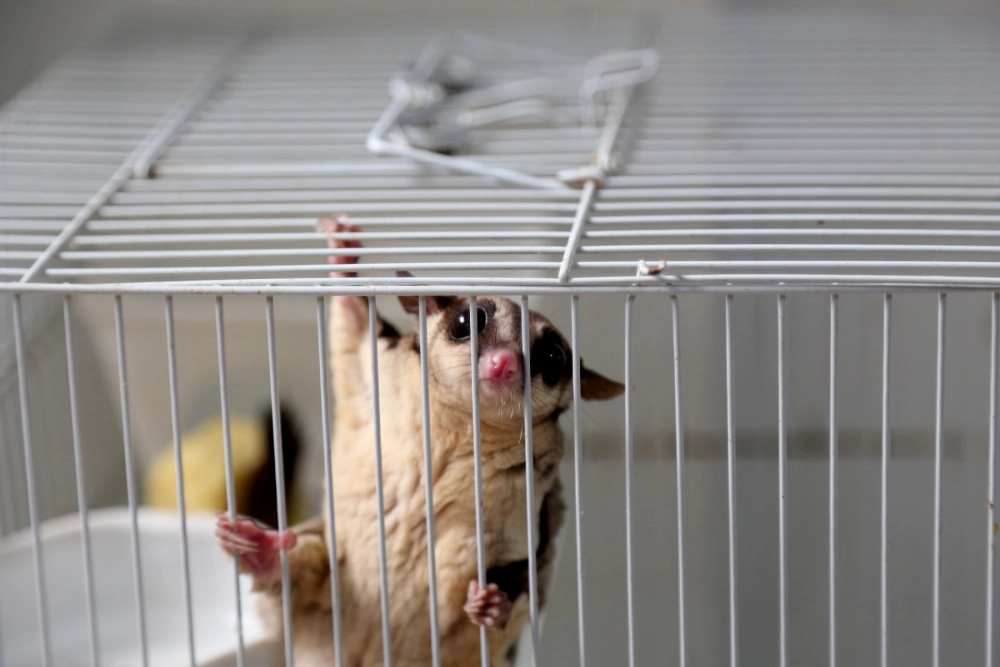
Sugar Gliders
Owning a sugar glider as a pet is not an easy task. A lot of the time, they’re prone to depression if kept alone for too long. When they’re put in social groups with their kind, they may show signs of aggression towards their human owners. They’re not the safest pets to have around and may cause more harm than good. They typically live in families of up to 10 other sugar gliders. It’s best to not even own a sugar glider as a pet because they’re better left in the wild (World Animal Protection).
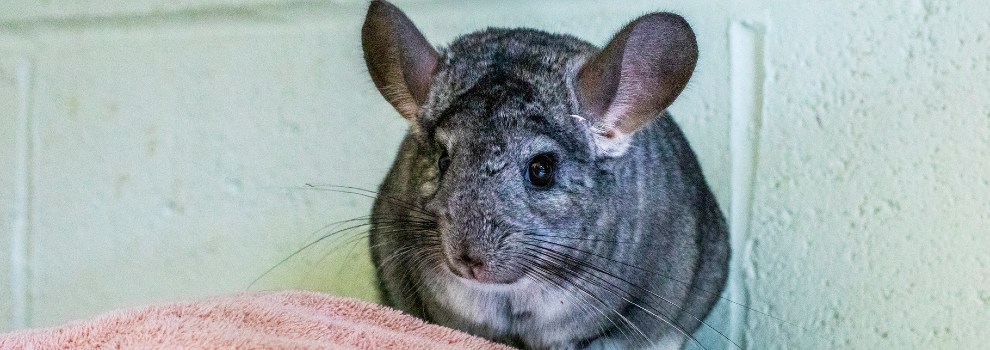
Chinchillas
If your pet chinchilla feels threatened, it will use its sharp teeth to defend itself. Around children, this can be very unsafe and potentially dangerous. Before people warm up to chinchillas, they normally have to warm up to them. They’re known for causing injuries to their owners thanks to their bites. Because of their potentially harmful bite, it’s more appropriate for adults to own them as pets than children (Bird Exotics Vet).
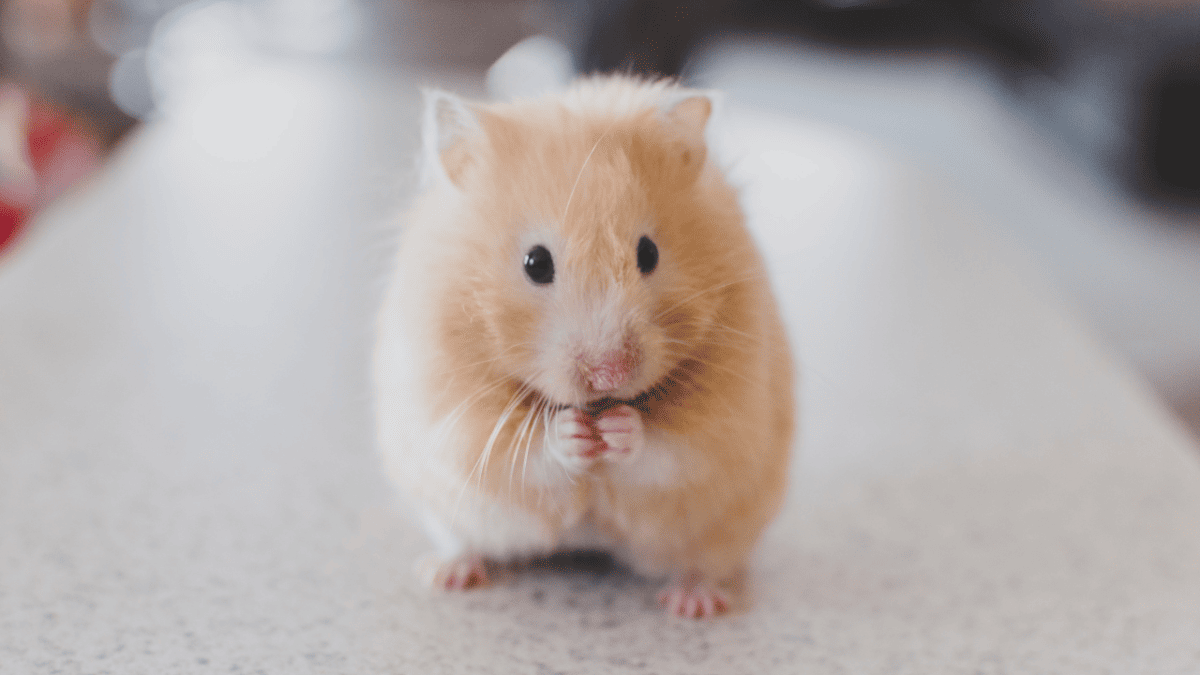
Hamsters
If you have a pet hamster, it’s important to get used to their nocturnal lifestyle. These animals love to sleep during the day and rummage around at night. They cause the most injuries to their owners during the daytime when it’s more likely you’ll try to pick them up and play with them when they’re sleeping. If they’re disturbed, they can become aggressive and bite. They’re also prone to dangerous viruses and bacteria like salmonella, Lymphocytic choriomeningitis, and hantavirus (Pet Helpful).
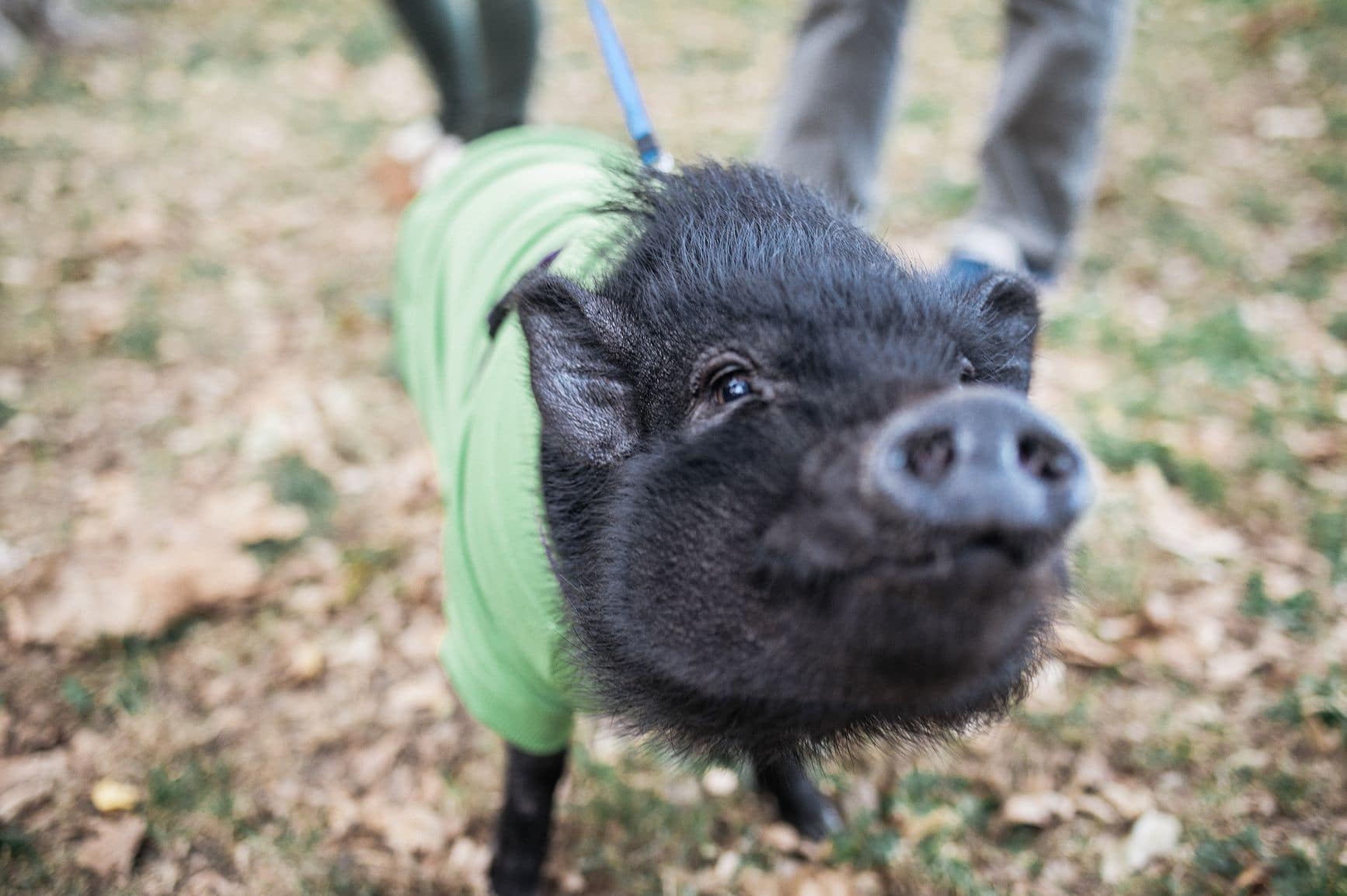
Potbellied Pigs
While owning a pig isn’t a very common pet, people do have these animals running around in their backyard as pets. But you have to be careful because they can cause some serious injuries to their owners. According to the Best Friends Animal Society, “Pigs are social herd animals and will try to dominate the herd, which means a pig can become aggressive toward you or your family, especially if they’re your only pig. Also, because potbellied pigs are prey animals, it requires time and patience to gain their trust and socialize them with humans.” If you do want to own a potbellied pig, make sure you take any necessary precautions around training them and earning their trust (Best Friends Animal Society).
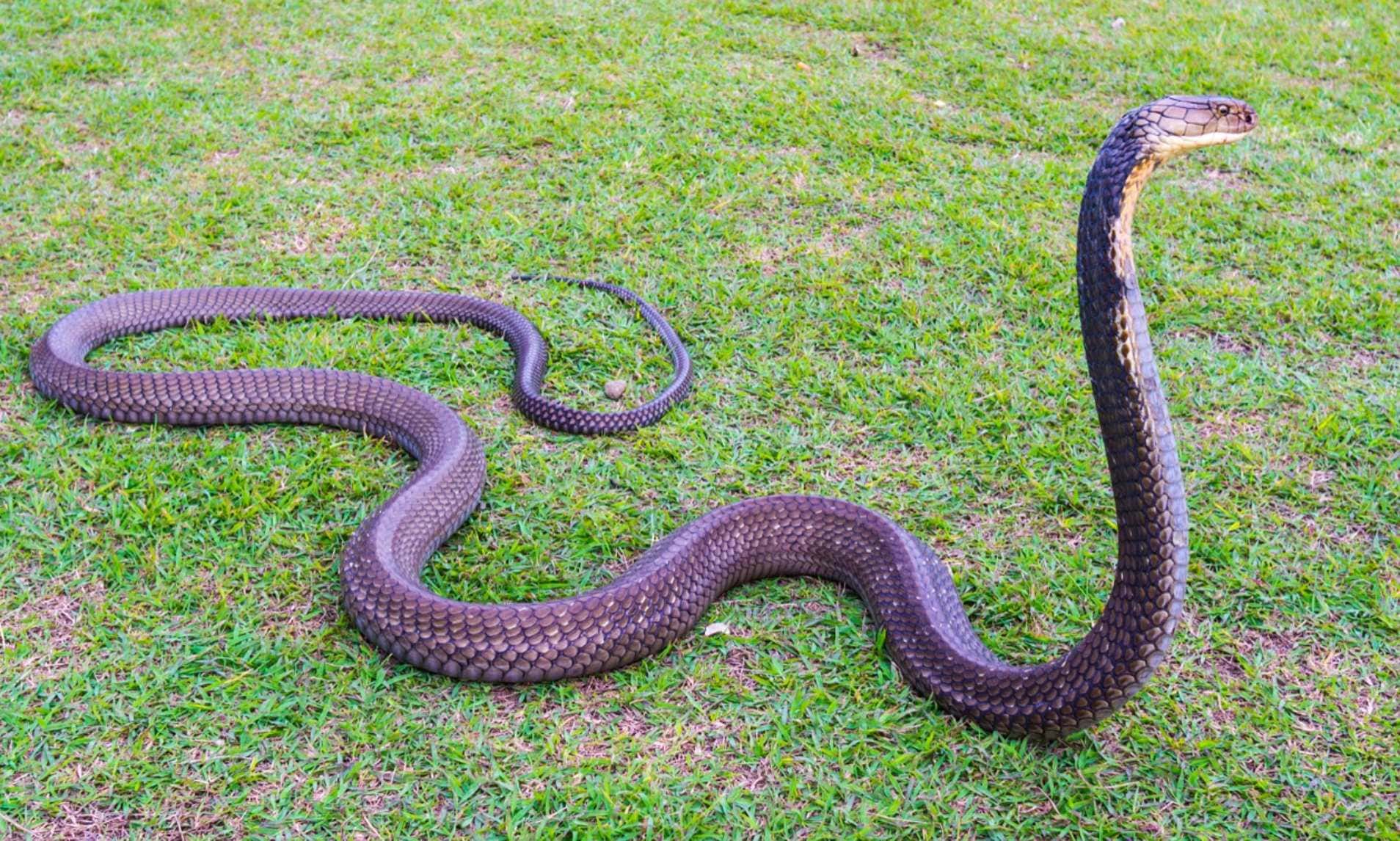
Large Constrictor Snakes
You’re not going to go to the pet store and find a poisonous viper in a glass case. Snakes sold as pets are typically not aggressive or poisonous. But they’re still animals, which is why they can potentially cause injuries to their owners. Between 1990 and 2010, ten people died from bites and attacks from their pet snakes. The most dangerous part of owning a pet snake is the salmonella bacteria on their skin and in their feces, which can be a serious health hazard for many people if accidentally ingested. You can become seriously sick and dehydrated with salmonella.
Recently, thorough, people have been selling lethal snakes thanks to a loophole in the law, allowing people to keep dangerous animals as pets without a license. This includes rattlesnakes and king cobras, which can kill a person with a single bite (Reptile Craze).
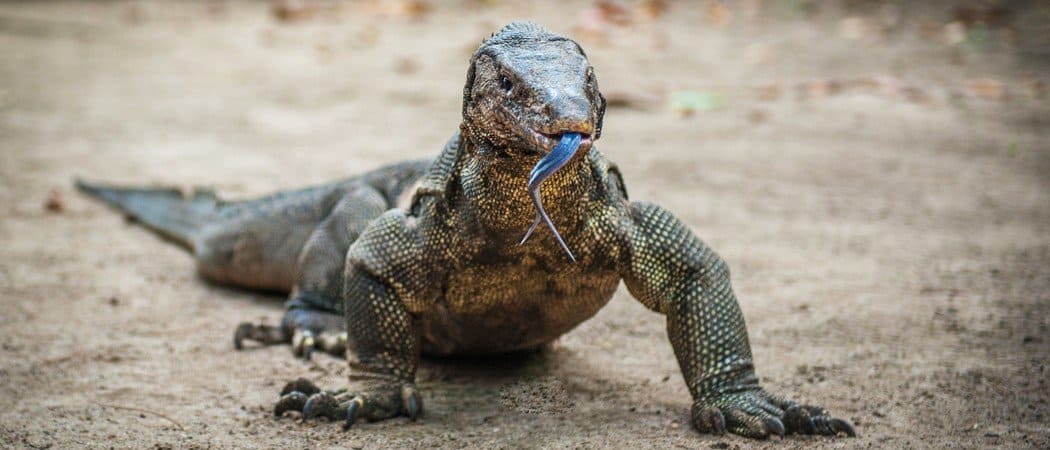
Large Lizards
Having a small lizard as a pet is quite common. However, having larger lizards as pets is more dangerous and can potentially cause many health problems. Recently, a baby girl developed meningitis after coming into contact with a pet lizard. According to Dr. Mankin, who works in the UK, “People who have young children should be aware that this is a real risk. I think it would be reasonable to say they shouldn’t keep lizards as pets if they have young children.” He went on to say, “We suggest that health warnings, specifically relating to the unsuitability of these animals as pets in families with young children, become mandatory in the UK.” Always be careful if you do have a pet lizard with small children since they’re potentially dangerous to their owners and children (Independent).
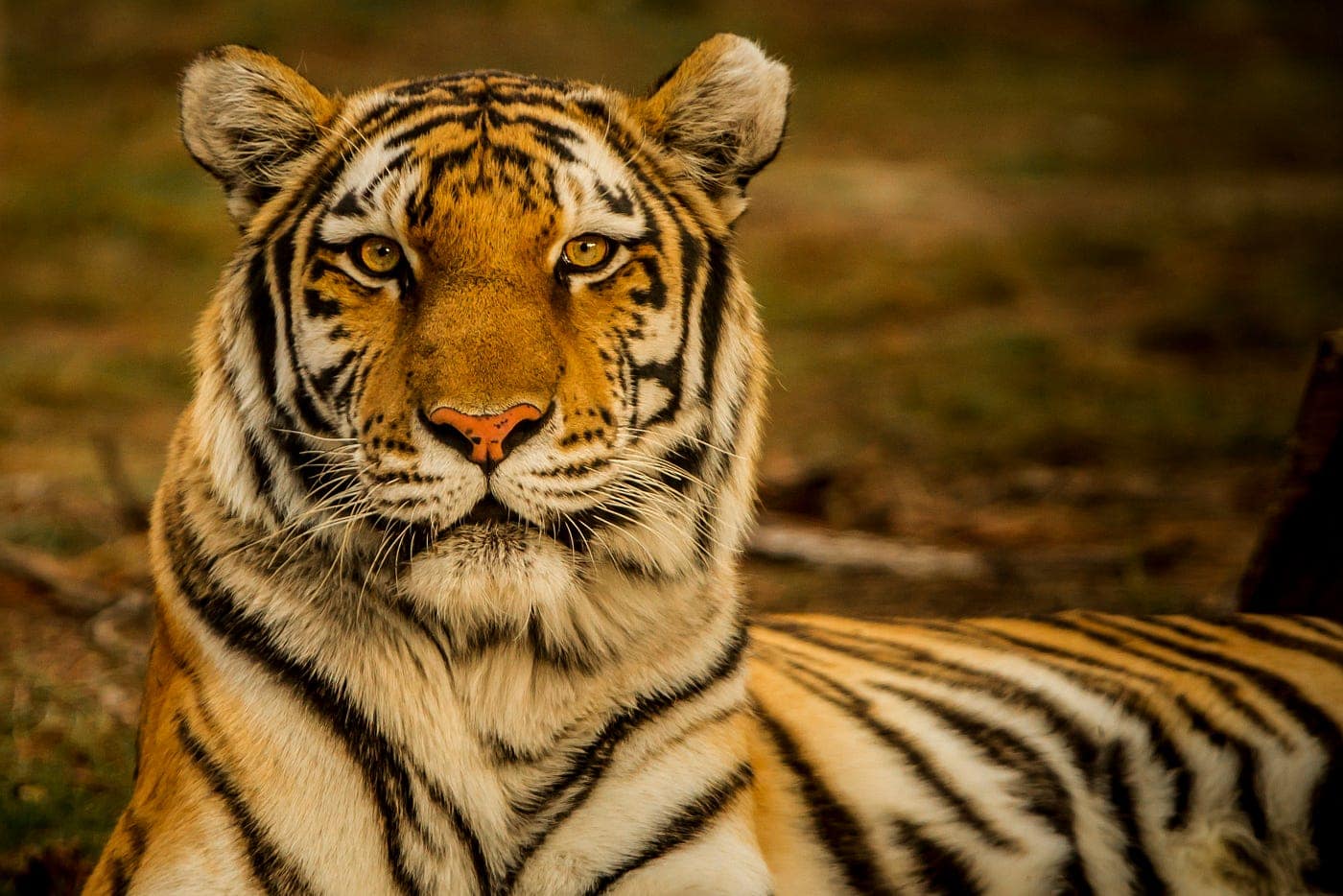
Tigers
Unfortunately, it’s estimated there are around 5,000 captive tigers residing as pets in the USA. They’re extremely dangerous and unpredictable, even if the tiger has been around for decades. One example of this hazard involves Amber Michelle Couch, who had a pet tiger in Texas. The cage was too small, and when her 4-year-old nephew got too close to the cage, the tiger mauled him. He had bite marks, gashes, and puncture wounds, but managed to survive the attack. It’s completely illegal to own a pet tiger for more reasons than one (Sick Chirpse).
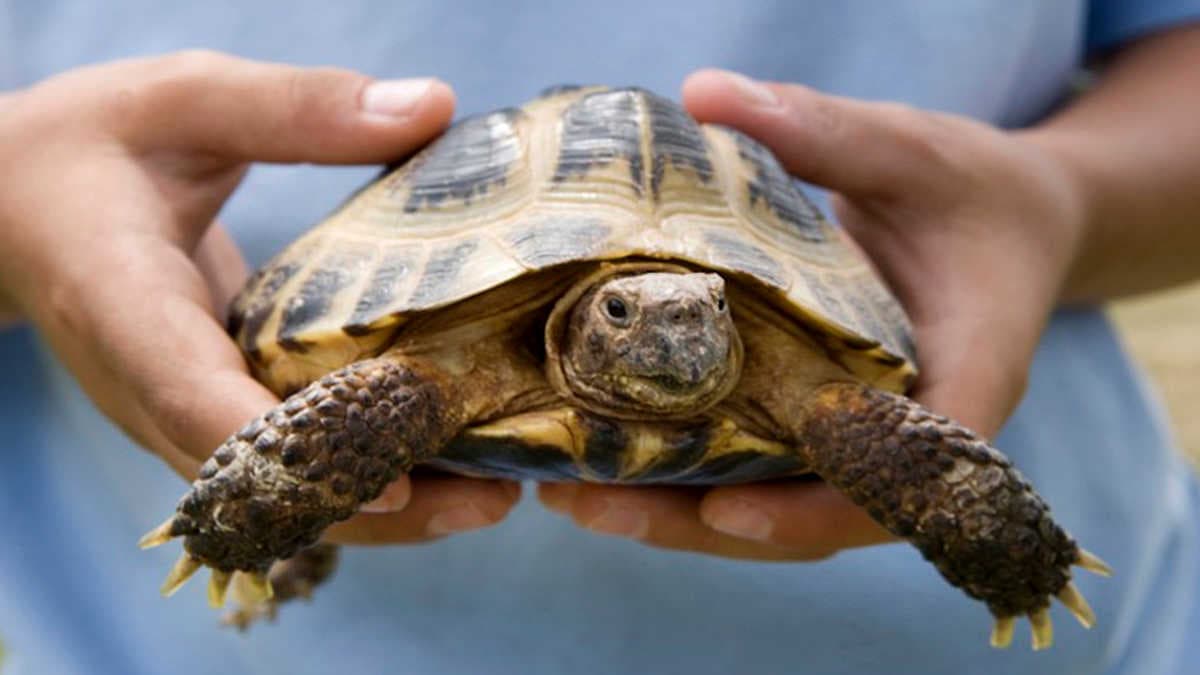
Tortoises
Like many other animals on this list, tortoises can carry many dangerous, potentially fatal germs that pose a harmful health hazard to their owners. It would help if you washed your hands immediately after handling tortoises. They also carry flagellates and worms, and if ingested, are especially harmful. Watch out for signs of infection, especially in young children (BCG).
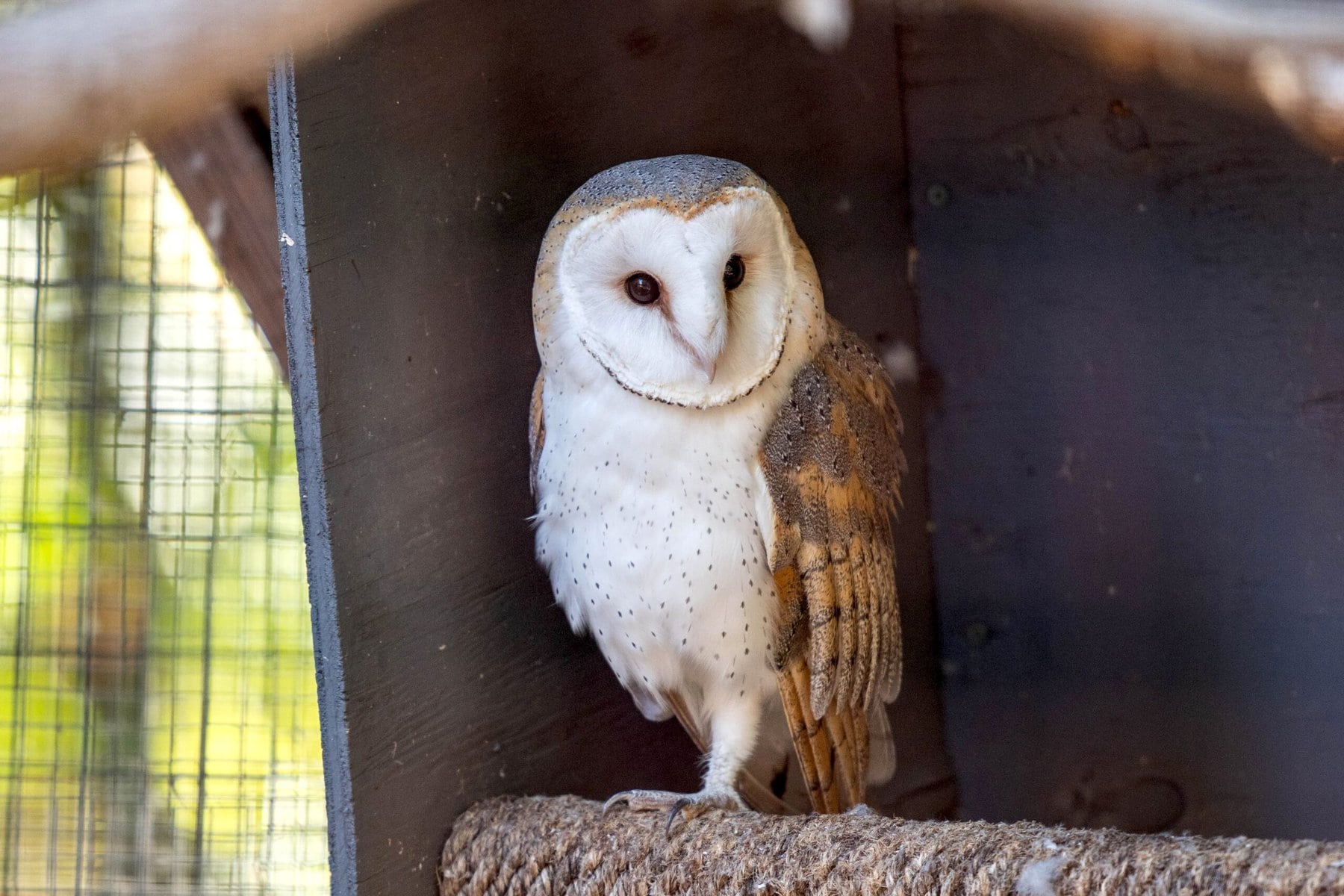
Owls
While you might think those sweet, hooting, nocturnal birds are great as pets, they can be extremely dangerous. They’re wild birds for a reason, and with their sharp talons and beaks, can cause some serious harm if provoked. Many owners keep their pet owl, only to try and release it back into the wild, causing much more harm than good. Wild animals are unpredictable and aggressive, so even if keeping an owl as a pet feels like a good idea, you could be putting yourself and your family in danger (Brent Lodge).
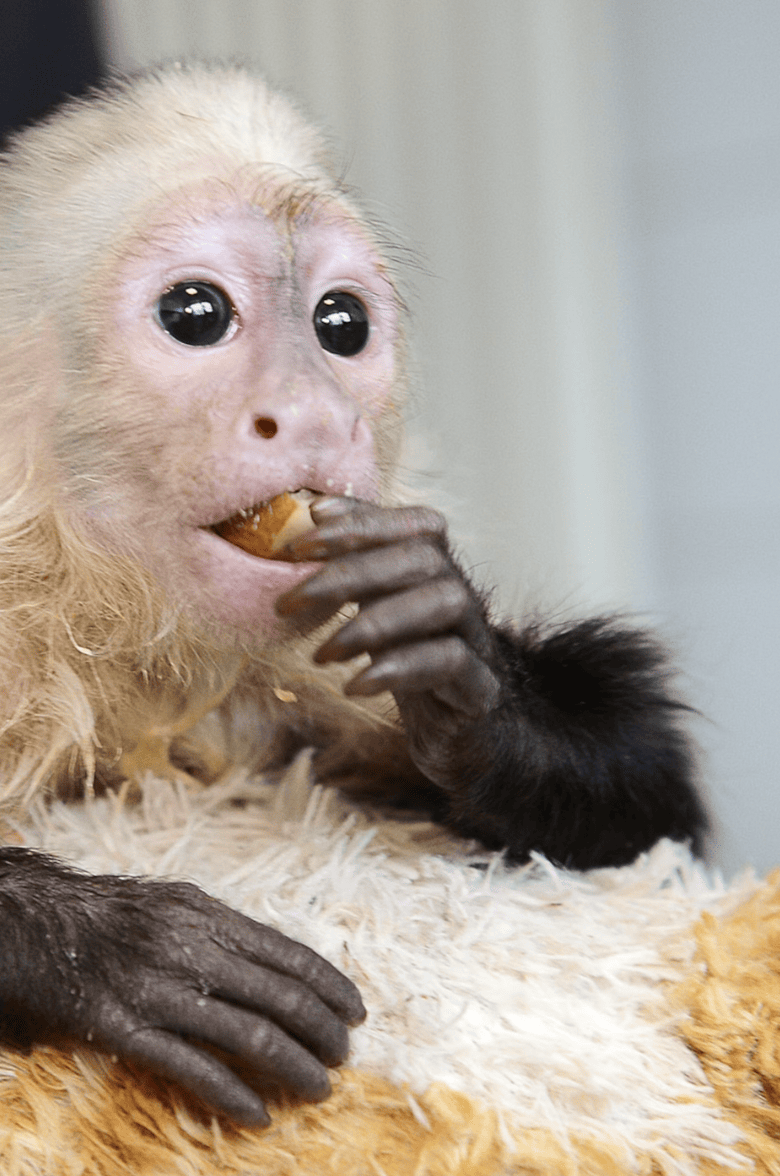
Old World Monkeys
They might look cute, and you might think they’re safe to keep as pets because they’re closely related to humans. It’s said the best pet monkey out there is the Black-capped capuchin. But other monkeys, like baboons, macaques, and mandrills, are extremely unpredictable and can bite and attack their owners. They’re not suitable for house pets at all and need ample amounts of space to live with other primates. They have extremely strong bites and sharp claws which can seriously harm a human being. Some of the most commonly kept monkeys are macaques, though they don’t come without risk. According to Pet Helpful, “These monkeys are known for the high likeliness of carrying the Herpes B virus, which can be transferred to humans with a 70% to 80% mortality rate. This disease is severe yet rare… The last reported infection occurred in 1997, with a research lab worker being the victim.” Monkeys kept as pets typically have their teeth removed, though they’re not immune to spontaneous tantrums and aggression (RSPCA).
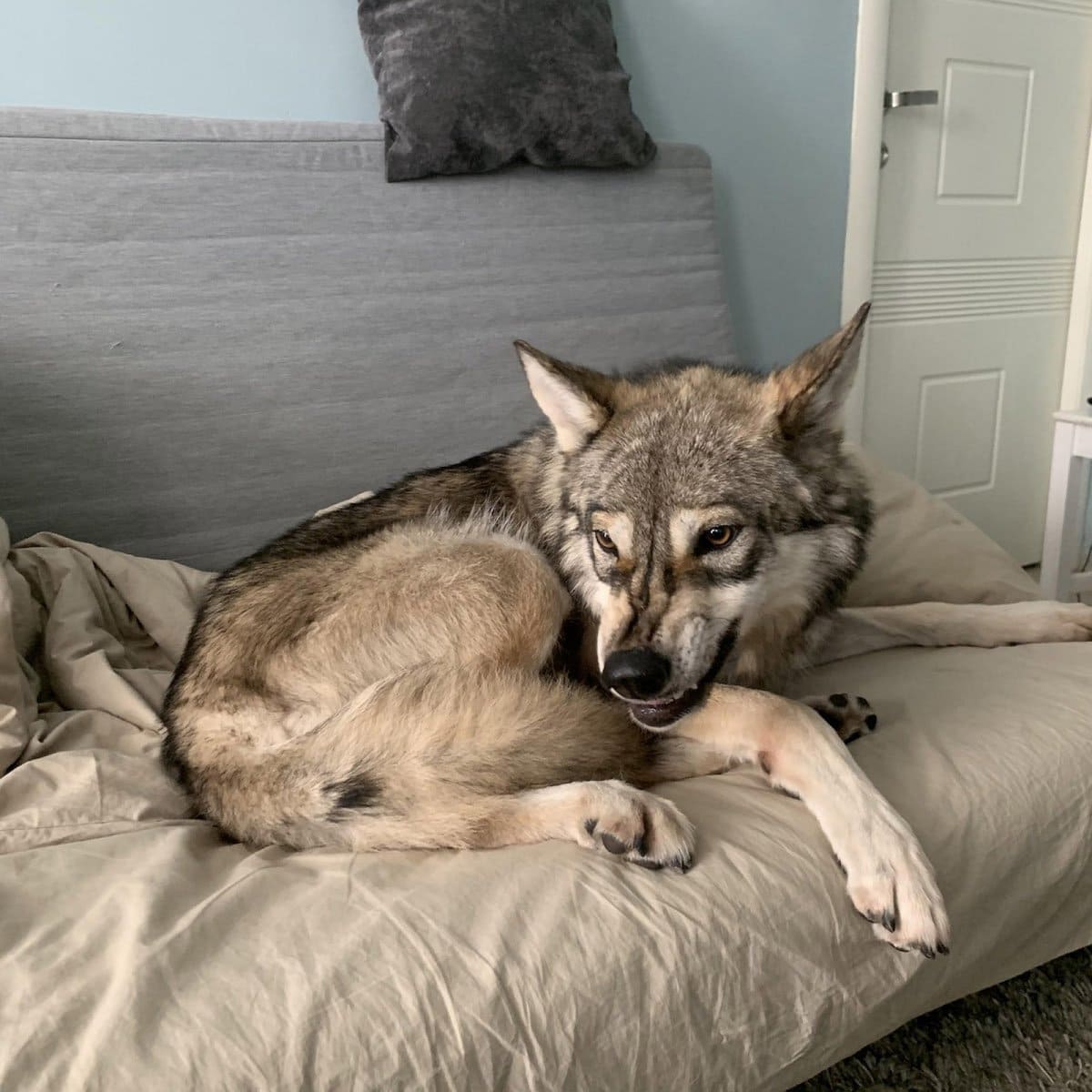
Wolves
It’s illegal in many states to keep a wolf as a pet, but people still do it. They’re aggressive animals by nature, and many owners might think they can treat a wolf the same way they treat a dog. They’re highly unpredictable animals, especially when there are kids around. Wolves are also prone to many diseases like rabies, monkeypox, and Salmonella. There are some success stories with wolves as pets in Russia, like Kira. Her owner said, “Kira has never shown aggression towards people; contrary to the general misconception, wolves are neophobes and are afraid of people.” She’s had extensive training and has warmed up to her family (Animal Sake).
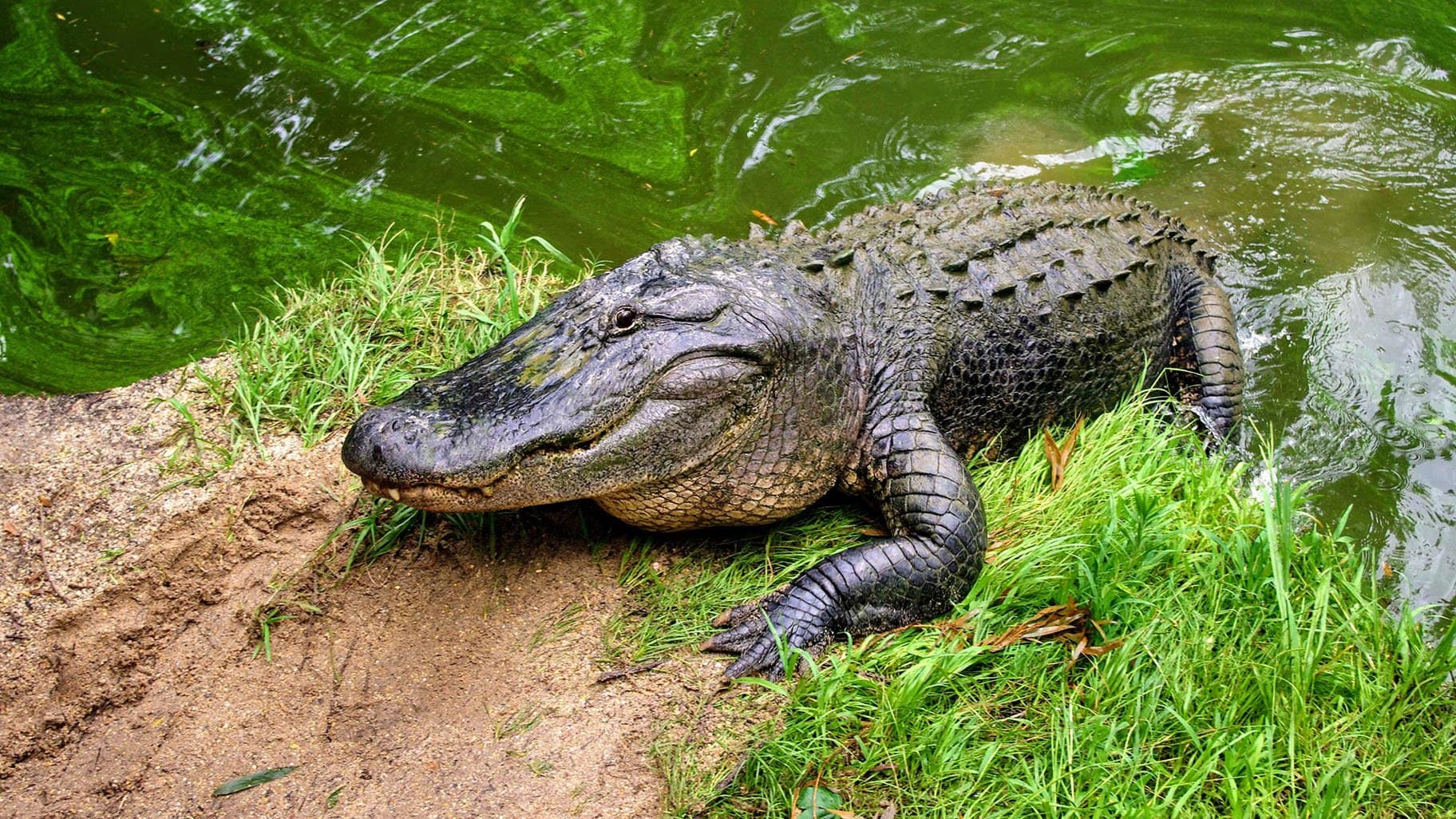
Alligator
There’s no reason you should have a pet alligator. Not only do they have large, sharp teeth, but they have a powerful jaw that could easily tear off your limb. Even though they’re not aggressive hunters, they do lurk and wait for opportune moments, making them unpredictable. They can be hundreds of thousands of pounds, and swim and run quickly. This makes it nearly impossible for owners to protect themselves against alligators, should they attack. They’re even armor-plated, which gives them a tough, bony outer skin (Wild Florida).
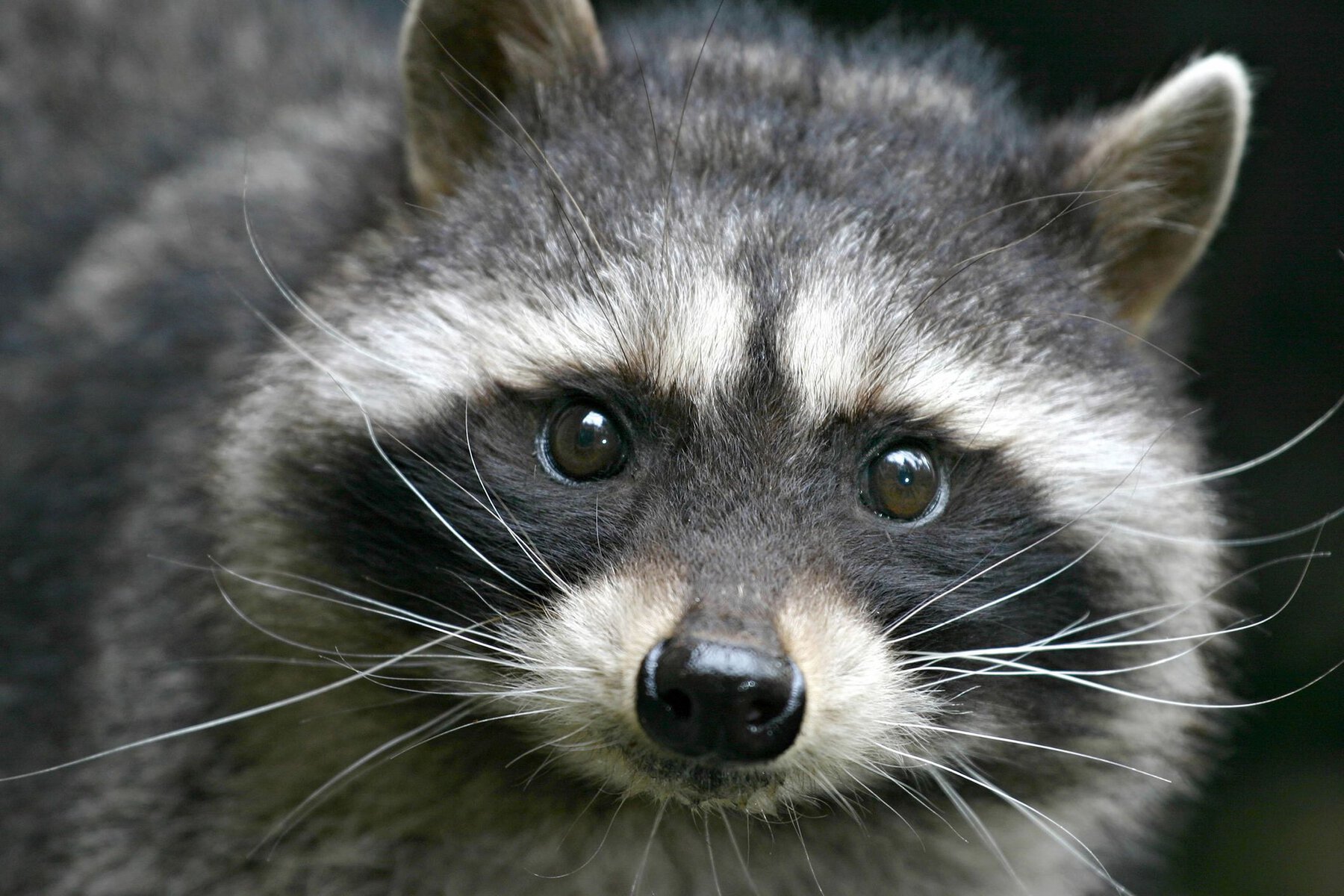
Raccoons
Many animal experts advise against keeping raccoons as pets. They’re fairly unpredictable and high maintenance, meaning taking care of them is not a walk in the park. It’s likely they’ll damage your home and your belongings, and have sharp teeth that can penetrate your skin and cause serious damage. They’re difficult to tame, and when something annoys or bothers them, it can set them off (The Spruce Pets).
